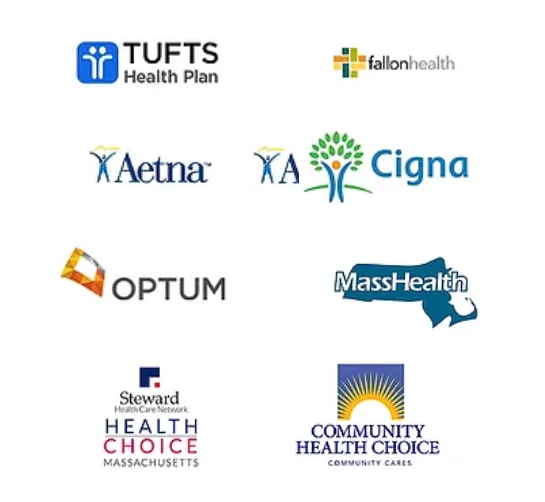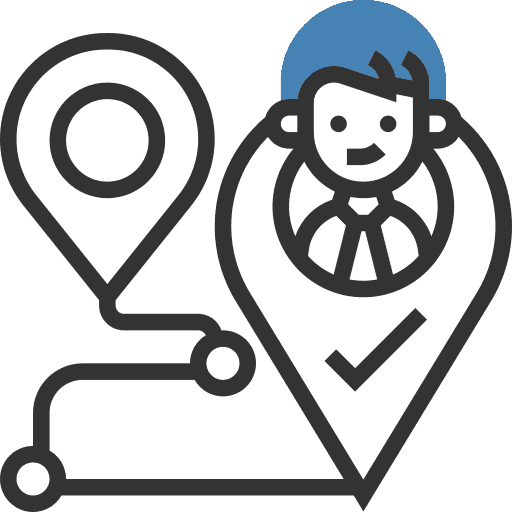Take Charge of Your Well-being Now
Empower Your Health
We provide both outpatient and outreach services, A full range of clinical services in the greater Boston area.
Needs Assessment
We aim to gather information about gaps in the type of and availability of mental health services in a particular area or setting.
Empower your mind.
Community Well-being
Enhance Personal Wellness
Expert Care Advice
CONTACT US TODAY!
We're Here to Help You Every Step of the Way
Get In Touch
Leading the Way in Mental Health Solutions
Why Us?
Our experienced multidisciplinary team uniquely allows us to provide effective and convenient treatment
Empathetic Support
Insurance Information
We are committed to ensuring services to as many clients as possible. We understand that many companies offer different policies and benefits. Here are the health insurance plans which we accept:
Additional Providers
We are committed to working with your insurance provider, check out full detailed list of providers Support.... Learn More
Testimonials
What Our Clients Say
If you're looking for a mental health provider who truly cares and listens, look no further than Lighthouse Behavioral Health And Wellness Center. They've been an amazing support for me.
Ethan
After months of struggling with depression, Lighthouse Behavioral Health And Wellness Center has helped me find hope again. Their therapists are incredible and have helped me learn new coping skills.
Jessica
I've been to a few different mental health providers, but none compare to Lighthouse Behavioral Health And Wellness Center. Their therapists are top-notch and their approach to care is so personalized. I highly recommend them!
Madison
Let’s Talk
Visit Us
Boston Location
1 Westinghouse Plz Ste A216, Fl 2, Boston, MA 02136
Stoughton Location
378 Page Street, Suite 201 Stoughton, MA 02072




















